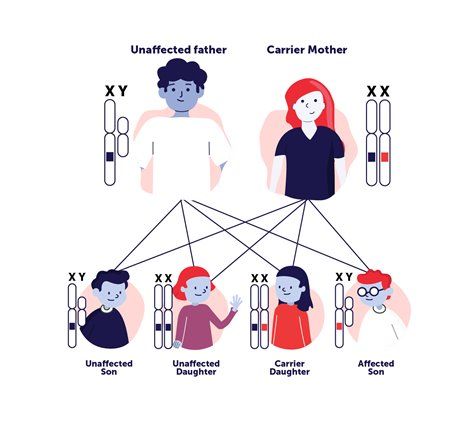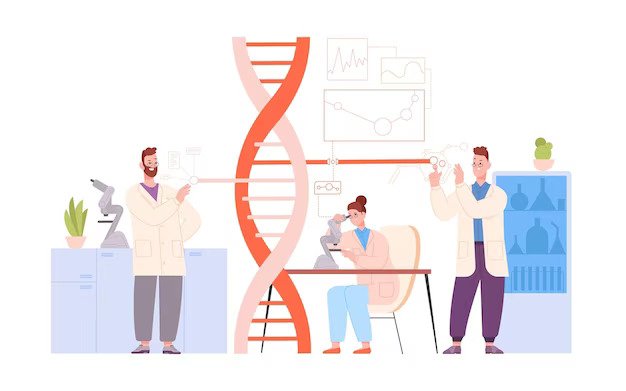Genetic diseases are conditions that are caused by changes in the genes. Genes are the instructions that tell our bodies how to grow and function. When genes mutate, or change, they can cause problems with the way our bodies work.
Genetic diseases can be inherited from parents, or they can be caused by new mutations that occur during a person’s lifetime. They can affect any part of the body, and they can range in severity from mild to life-threatening.
ALSO READ :> Pickleball Tips to Take Your Game to the Next Level
Some of the most common genetic diseases include:
- Cystic fibrosis: This disease affects the lungs and digestive system. It is caused by a mutation in the CFTR gene.
- Sickle cell anemia: This disease affects the blood cells. It is caused by a mutation in the HBB gene.
- Tay-Sachs disease: This disease affects the nervous system. It is caused by a mutation in the HEXA gene.
- Down syndrome: This condition is caused by an extra copy of chromosome 21.
- Huntington’s disease: This disease affects the nervous system. It is caused by a mutation in the HTT gene.

There is no cure for most genetic diseases, but there are treatments that can help manage the symptoms. Genetic testing can be used to diagnose genetic diseases, and it can also be used to screen for diseases in people who are at risk.
Genetic research is ongoing, and there are many promising new treatments and therapies being developed. As our understanding of genetics grows, we are learning more about how to prevent, diagnose, and treat genetic diseases.
Here are some additional things to know about genetic diseases:
- Genetic diseases can be passed down from parents to children, but they can also be caused by new mutations that occur during a person’s lifetime.
- The severity of a genetic disease can vary widely. Some genetic diseases are mild and only cause minor problems, while others can be life-threatening.
- There is no cure for most genetic diseases, but there are treatments that can help manage the symptoms.
- Genetic testing can be used to diagnose genetic diseases, and it can also be used to screen for diseases in people who are at risk.
- Genetic research is ongoing, and there are many promising new treatments and therapies being developed.
If you are concerned that you or your child may have a genetic disease, talk to your doctor. They can help you learn more about genetic diseases and the available testing and treatment options.
I hope this blog post has given you a basic understanding of genetic diseases. If you are interested in learning more, there are many resources available online and in libraries.





